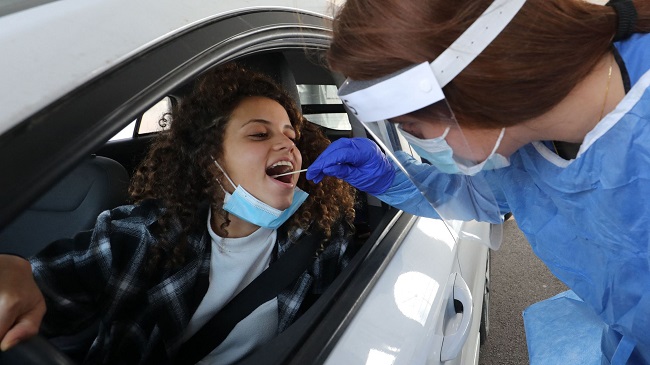There has been misinformation and misunderstandings concerning immunizations. However, immunizations are crucial to the health of both individuals and communities.
Vaccines stop the transmission of infectious, potentially fatal diseases. A few examples are the measles, polio, mumps, chicken pox, whooping cough, diphtheria, HPV, and COVID-19 viruses.

Contents
The smallpox vaccination was the first successful vaccine. Historically, smallpox has been a devastating disease. It killed 300 million to 500 million people over the world in the last century.
The disease was eventually eradicated after the vaccination was administered to the public. The only infectious disease ever eradicated in its entirety. Others, like as polio, are now very close to that position as well.
Read Also:
- North Korea warns U.S. Over Bidens Big Blunder
- Trump was Sicker than Acknowledged with Covid-19
- Archives Found Possible Classified Material in Boxes Returned by Trump
What are Vaccines?
If you want to protect yourself from a disease before you contract it, getting vaccinated is the way to go. This stops you from getting and spreading the sickness.
Injecting a weakened variant of the disease germ is one approach used in vaccinations. A shot to the leg or arm generally does the trick. Your body recognises the invading germs (antigens) and generates antibodies to combat them.
Those antibodies will then remain dormant in your system for quite some time. You may have to deal with them for the rest of your life if you get one. Your immune system is now strong enough to ward off the disease if you are ever exposed to it again.
It’s possible to recover quickly from some ailments, such as the common cold. However, some, like COVID-19, smallpox, or polio, can permanently damage a person’s physical or mental state. They can even result in death. That’s why keeping your body from developing these ailments is incredibly vital.
Read Also:
- S.U.V. Driver Jumps a Rising Drawbridge in Florida
- Rachel Nichols Out for N.B.A. Finals Coverage on ABC
- What Connection Does Pope Francis have to Latin America
To what Extent does one’s Immunity Prevent Illness?
The immune system is the body’s way of protecting itself from harmful external factors, such as bacteria and viruses. In medical terms, this is referred to as the immune system.
Exposure to many pathogens is necessary for immune system development. Your immune system develops antibodies to fight against a pathogen after being exposed to it for the first time.
But that takes time, and you normally fall sick before the antibodies have developed up. But once you have antibodies, they stay in your body. The antibodies will then target the germ should you be exposed to it again, protecting you against illness.




